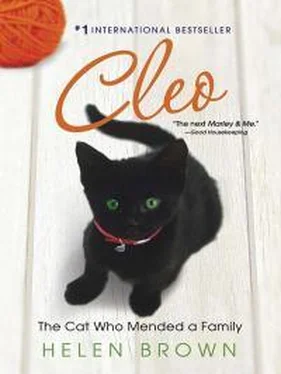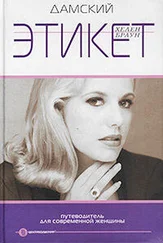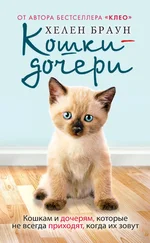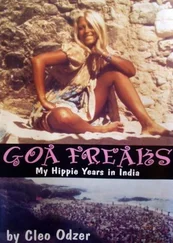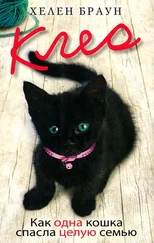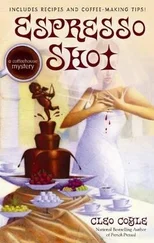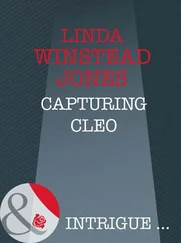Quaint as it was, clearly the house had been built with a family of alpine goats in mind. There was no garage, not even a street frontage. The only way to reach it was to park the car up at road level, high above our roofline, and bundle groceries and children’s gear into our arms. Gravity would take care of the rest, sucking us down several zigs and zags to our gate.
We were young, so it was no problem on sunny days when the harbor was blue and as flat as a dinner plate. Whenever a southerly gale roared up from Antarctica, however, tearing at our coat buttons and flinging rain in our faces, we wished we’d bought a more sensible house.
But we loved living a twenty-minute walk from town. Equipped with ropes and rock-climbing shoes we could have made it in five. When we headed into the city, an invisible force would send us plummeting down the lower end of the zigzag. Hurtling through scrub and flax bushes, we’d pause for a glimpse. A circle of amethyst hills, stark and steep, rose above us. I was amazed we could be part of such beauty.
The path then pulled us across an old wooden footbridge spanning the main road. From there we could either take steps down to the bus stop or continue our perpendicular journey to the Houses of Parliament and central railway station. The slog home from the city was another matter. It took twice as long and demanded the lungs of a mountaineer.
The zigzag had a sharply divided social structure. There was a Right Side, on which substantial two-story houses nestled in gardens with aspirations to Tuscany. And the Wrong Side, where bungalows sprinkled themselves like afterthoughts along the edge of the cliff. Wrong Side people tended to have weed collections rather than gardens.
The prestige of jobs declined in direct correlation to the zigzag’s slope. On the top right-hand side Mr. Butler’s house sat like a castle. Grey and two-story, it oozed superiority not only over the neighborhood but the city in general.
Below Mr. Butler’s, a two-story house opened out over the harbor, looking as if it would hardly be bothered by mere social comparisons. With eaves graceful as seagull’s wings, it seemed ready to take off in the next decent gale to a far more glamorous world. Rick Desilva ran a record company. People said that before they were married, his wife, Ginny, had been a fashion model, New Zealand’s answer to Jean Shrimpton. Shielded behind a thicket of vegetation that no doubt could be dried and smoked, they had a reputation for parties.
There was a ridiculous rumor that Elton John had been seen staggering out of their house drunk as a dog, though in reality it was just someone who looked like him. Their son, Jason, was at the same school as our boys. They were perched on the lip of a gully about half a mile farther up the hill, but we kept our distance. The Desilvas had a sports car. Steve said they were too racy. I had no energy to argue.
Our side of the zigzag specialized in recluses and people who were renting for a while before moving somewhere less exposed, with better access and not so close to the fault line. Mrs. Sommerville, a retired high school teacher, was one of the few longtime residents of the Wrong Side. She inhabited a tidy weatherboard house one down from us. A lifetime with adolescents had done nothing for her looks. She wore a permanent expression of someone who’d just received an insult.
Mrs. Sommerville had already appeared on our doorstep with complaints about our dog terrorizing her cat, Tomkin, a large tabby cat with a matching sour face. Even though I tried to avoid her, I bumped into her most days, giving her the opportunity to point out skid marks where boys had been zooming down the zigzag illegally on skateboards, or the latest graffiti on her letterbox. Mrs. Sommerville’s pathological dislike of boys included our sons, who were suspects of every crime. Steve said I was imagining things. While she loathed boys, Mrs. Sommerville knew how to turn the charm on for men.
I worked at home, writing a weekly column for Wellington’s morning newspaper, The Dominion . Steve worked one week home, one week away, as radio officer on one of the ferries that plowed between the North and South Islands. We’d met at a ship’s party when I was fifteen. A grand old man of twenty, he was the most exotic creature I’d ever encountered. Compared to the farmers who steered us around country dance halls near New Plymouth where I grew up, he was from another world.
His face was peachy white and he had baby-soft hands. I’d been mesmerized by his blue eyes, which glowed under their long lashes. Unlike the farmers, he hadn’t been frightened of conversation. I’d assumed that being English, he was probably related to one of the Beatles, if not the Rolling Stones.
I’d loved the way his tawny hair draped across his collar, just like Paul McCartney’s. He’d smelled of diesel oil and salt, the perfume of the wider world that was impatient for me to join it.
We’d written to each other for three years. I’d sprinted through school and a journalism course (straight Cs), then flown to England. Steve was literally the man of my dreams—I’d met him in person for only two weeks during the three years we’d been letter writing—and reality had no hope of matching up. His parents were probably unimpressed with his big-boned girlfriend from the colonies.
We’d married in the Guildford registry office a month after my eighteenth birthday. Only five people had been brave enough to turn up for the ceremony. The officiant was so bored he forgot to mention the ring. My new husband slipped it on my finger afterwards outside in the porch. It was raining. Distraught back in New Zealand, my parents investigated the possibilities of annulment, but they were powerless.
About two weeks after the wedding I’d stared at the toilet seat in our rented flat and thought it needed polishing. That was when I knew getting married had been a mistake. Yet we’d upset so many people by insisting on it I couldn’t back out. Short of running away and causing more pain, the only solution I could think of was to create a family. Steve reluctantly obliged. Honest from the start, he’d made it clear that babies weren’t really his thing.
We returned to New Zealand, where I’d labored through a December night too frightened to ask the nurse to turn the light on in case it was breaking hospital rules. Somewhere through a drug-induced haze I’d heard the doctor singing “Morning Has Broken.” Minutes later she’d lifted baby Sam from my body.
Before he’d even taken his first breath he turned his head and stared into my face with his huge blue eyes. I thought I’d explode with love. My body ached to hold this brand-new human with his downy hair glowing under the delivery room lights. Sam was wrapped in a blanket—blue in case I forgot what sex he was—and lowered into my arms. Kissing his forehead, I was overcome by the sensation that I’d never be safely inside my own skin again. I uncurled his tiny fist. His lifeline was strong and incredibly long.
Even though it was supposed to be our first meeting, Sam and I recognized each other immediately. It felt like a reunion of ancient souls who’d never spent long apart.
Becoming parents hadn’t brought Steve and me closer together. In fact, it had the opposite effect. Two and a half years after Sam’s birth Rob slid into the world.
Lack of sleep and jangled nerves had made our differences more apparent. Steve sprouted a beard, a look that was becoming fashionable, and retreated behind it. Returning from a week at sea, he was tired and irritable.
He became annoyed with what he perceived as my extravagance over the boys’ clothes and upkeep. I bought a secondhand sewing machine that emitted electric shocks and I taught myself to cut their hair. I grew louder, larger and more untidy.
Читать дальше
